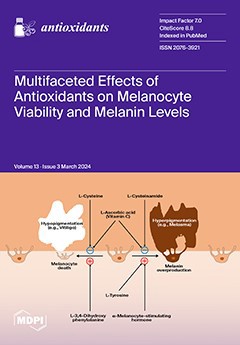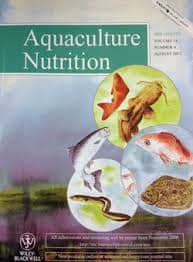Insect and single-cell protein meals as replacers of fish meal in low fish meal and fish oil diets for gilthead sea bream (Sparus aurata) juveniles

Abstract
In recent years, the aquaculture research and industry has undertaken intensive efforts to identify novel alternatives to fish meal, in an attempt to convert feeds to more effective and sustainable food for fish in response to the continuous growth of this sector. Among the several potential candidates, insect meals and single-cell proteins from bacteria have shown some of the most promising results, but they have not been thoroughly validated in gilthead sea bream (Sparus aurata). Therefore, the aim of the present study was to evaluate how performance, protein digestibility in vitro, fish body composition and the expression of some gut health-related genes were affected by the replacement of 33% and 66% of fish meal by either the black soldier fly (Hermetia illucens) insect meal (INS5, INS10 diets), or the single-cell protein from the bacteria Methylococcus capsulatus (SCP5, SCP10 diets) in practical diets for gilthead sea bream juveniles, after a nutritional trial of 112 days. The single-cell protein product supported gilthead sea bream growth and feed utilization and allowing up to 66% of replacement of the dietary fish meal. In contrast, the insect meal product led to a reduced growth and worsened feed utilization when included at the highest dietary level (10%), making possible to replace fish meal only up to 33%. Proximate composition, amino acid profile were not majorly affected by the experimental diets, but moderate inclusions of the single cell protein from M. capsulatus (5%) significantly increased the fish fillet contents of important fatty acids for human nutrition, like 20:5n-3 and 22:6n-3, possibly related with a higher n-3 LC-PUFA sparing effect resulting from and optimized ratio of saturated and monounsaturated fatty acids. The relative expression of some molecular makers related with fish gut health (hsp90, hsp70, mchii, cox-2, tnfa, il-1b) was also similar irrespective of the dietary treatment.

